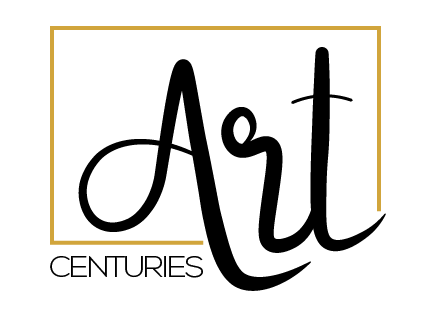
Our Founder
Born in Brazil, Johnny Hage Chartouny has shown a particular interest in beautiful objects from a young age. Alongside a successful career in trading (he was named Best Trader of the Year in Brazil in 1984), Chartouny pursued his passion for art and spent his free time exploring art galleries. In the 1970s, he began his collection with acquisitions of contemporary artworks. In 1980, he shifted towards more classical works and decided to further his art education. Finding rare gems and identifying counterfeits required a deep expertise in art history, leading him to join the Fine Arts school before opening his first antique store in one of the most upscale neighborhoods of Rio de Janeiro. Specializing in sterling silver and renowned for the unique pieces he sourced between Argentina and Brazil, his boutique became a sought-after destination for international antique dealers. Elected president of the Association of Antique Dealers in Brazil, he organized a grand exhibition at the Copacabana Hotel in Rio in 1989, attracting professionals and enthusiasts from around the world. Personal reasons led him to return to Lebanon, where he opened his first store in Beirut. His reputation preceded him, and the showcased merchandise, which was not part of his private collection, sold out within three days. At the antique fair in Beirut, his encounter with Johnny Sarkis marked a new approach and a different working method.
The two antique dealers decided to close their respective shops and venture into the auction world under the banner of A.R.T Auctions, now renamed ART Centuries. Established for twenty years, the company has conducted over sixty auctions and handled 100,000 lots from estates and collectors.
Modernizing the Past The 1990s represented the golden age of antiques in Lebanon. Antique dealers multiplied, and the Lebanese developed a growing interest in vintage items. Influenced by European culture and the trend of antique furniture, a clientele of enthusiasts raided flea markets, visited thrift shops, and favored art merchants' boutiques. In 2001, this trend experienced a significant decline, observed by the international antique market, due to the rise of contemporary furniture. In Lebanon, sales dropped significantly, and decorators turned to more modern furnishings, even though the Cedar Pavilion was considered the market's El Dorado with its unbeatable prices. To revive this endangered trade, ART Centuries now plans to modernize selling techniques with an online platform showcasing a catalog of eclectic antique objects, such as Tibetan temple cabinets, bronze displays, Louis XV-style chandeliers, carpets, paintings by international and Lebanese artists, and porcelain, copper, bronze, or sterling silver trinkets. An exhibition followed by an auction is scheduled for the end of the month of Ramadan, and this initiative also aims to promote art and the talent of young Lebanese artists abroad. Today, despite a general decorative preference for minimalism and clean aesthetics where antiques are avoided, the market is showing signs of a comeback. Over the past year, in antique fairs in France, in Montpellier or Avignon, as well as in the auction rooms of Drouot, there has been a renewed interest in beautiful 19th-century furniture and bronzes. Prices are soaring, and the main buyers are European, American, or Middle Eastern dealers and collectors.

